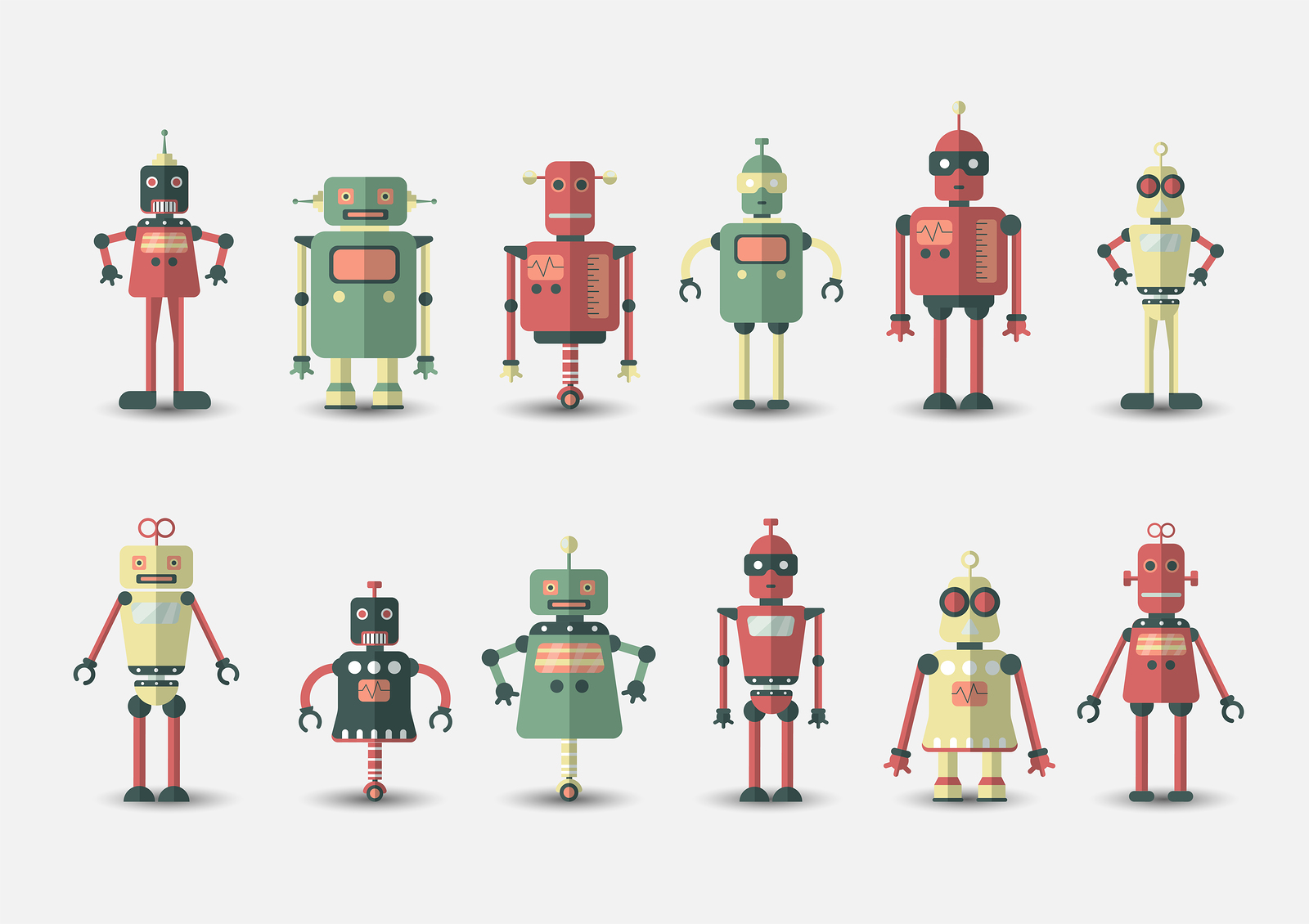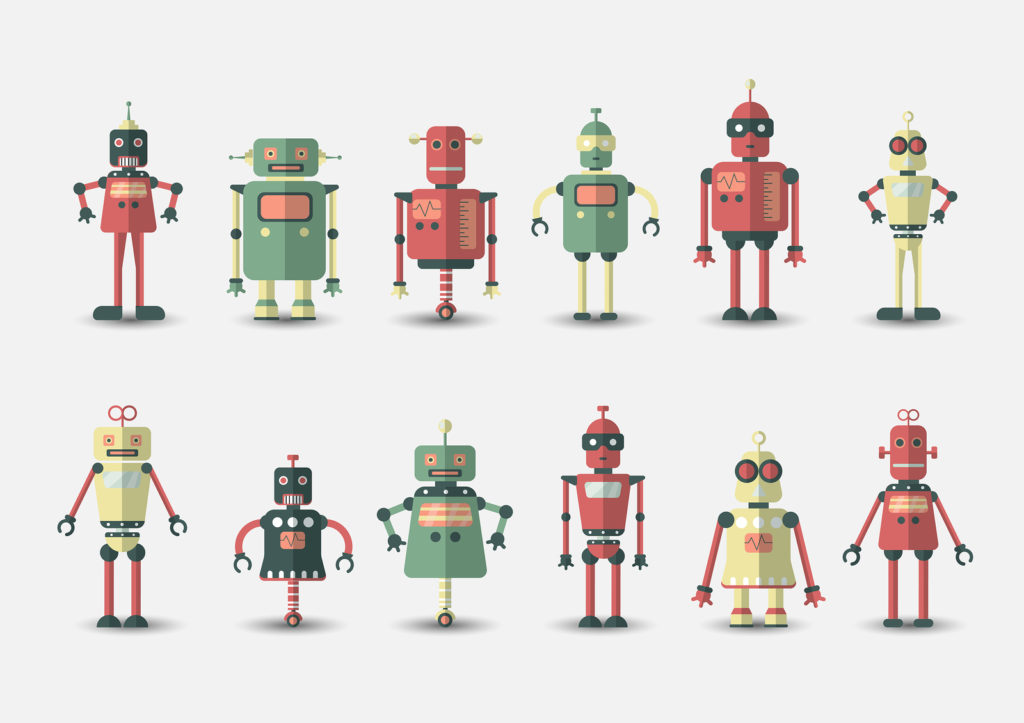
Companies with their finger on the pulse are aware that chatbots and conversational AI are set to make a big splash over the next few years. According to a recent survey, 87% of CEOs are currently looking to expand their AI workforce. And with good reason: chatbots lower costs, streamline client interactions, improve the customer experience and take repetitive, time-consuming tasks off your hands.

How does this apply to HR? In the same sentence, the words “human resources” and “bots” may seem like a contradiction in terms. But chatbots actually do a great job at taking care of operational tasks and enabling HR staff to focus on strategic development. Let’s find out how:
Chatbots Provide Quick and Accurate Responses
This is a major across-the-board benefit when it comes to chatbots, and one that is particularly applicable to human resources. Advances in Natural Language Processing mean that chatbots are now able to converse convincingly with people in human language, which can include your customers… And your staff.
In the past when faced with a question, staff had to shoot off emails to their HR department or reporting manager and wait for the right person to get back to them. HR bots have access to centralised databases containing all the necessary information regarding company policies and can provide instant, relevant answers in a fraction of the time a human agent would need.
Imagine a staff member has a query regarding the company travel policy before booking flights and accommodation for a work trip. While it might take a busy HR manager a day or two to look up the relevant information and respond, chatbots can handle this kind of question in seconds, meaning time saved for everyone involved. The same can apply to policies regarding family leave and holidays. While bots are obviously unfit to respond to individual cases, they can handle basic queries, thus enabling HR staff to focus on more sensitive matters requiring a human touch.
Chatbots Take the Stress Out of Hiring
Beyond their ability to provide quick, relevant answers, chatbots automate (partially or entirely) the processes that eat up the time of HR staff but remain an essential part of businesses’ daily operations. Hiring new staff is one of those processes.
Recruitment can be a stressful time for human resources. While handing over sensitive personal information to bots and enabling them to play a role in major hiring decisions can feel like a risky endeavor, chatbots’ data-sorting abilities can make the whole process go a lot more smoothly.
In a competitive work environment, a big recruitment push can mean hundreds of CVs and LinkedIn profiles to sift through. Smaller and medium-sized businesses that aren’t continually recruiting might not feel the need for dedicated software, but chatbots provide more than just time-saving when it comes to finding the right hires. They can help streamline the screening process, perform basic background checks and eliminate any unconscious bias related to gender, race or age, thus helping staff shortlist the candidates that possess all the right prerequisites for the position. Chatbots can furthermore answer any follow-up questions and schedule further interviews if necessary.
Chatbots Streamline the Onboarding Process
If your company is in an aggressive hiring phase, or is rolling out new tools or workflows that require extensive staff training, onboarding can be time-consuming, expensive and repetitive. Involving not only a lot of paperwork and compliance, onboarding also forms a big part of a new hire’s first impression of the company. When you take into account that 32% of executives across the world rate their onboarding as poor and 69% of people are more likely to stay with a company for three years if they’ve had a good onboarding experience, it makes sense to ensure that things go as smoothly as possible. Not only does effective onboarding boost employee performance, it also helps ensure satisfaction, meaning you’re less likely to have to go through the whole process all over again a year later.
Chatbots can take a lot of weight off the shoulders of HR staff. Adding a conversational component to existing onboarding software makes the whole process feel more welcoming, providing necessary support and enabling new employees to pose questions and receive instant responses.
Chatbots also enable HR to get creative in a way they simply wouldn’t usually have the time or resources for. Imagine being able to offer a virtual office tour, or a series of welcoming videos from management staff.
In conclusion, chatbots won’t be replacing human resources staff any time soon. Recruiting ideally suited candidates, ensuring that employees are truly satisfied and handling any conflicts that may arise are all aspects that (for the moment at least) require human input. But what they can do is automate low-skill, time-consuming processes, provide timely and relevant responses to queries and reduce the risk of human error. All of which means that HR staff are free to focus on what they do best.
